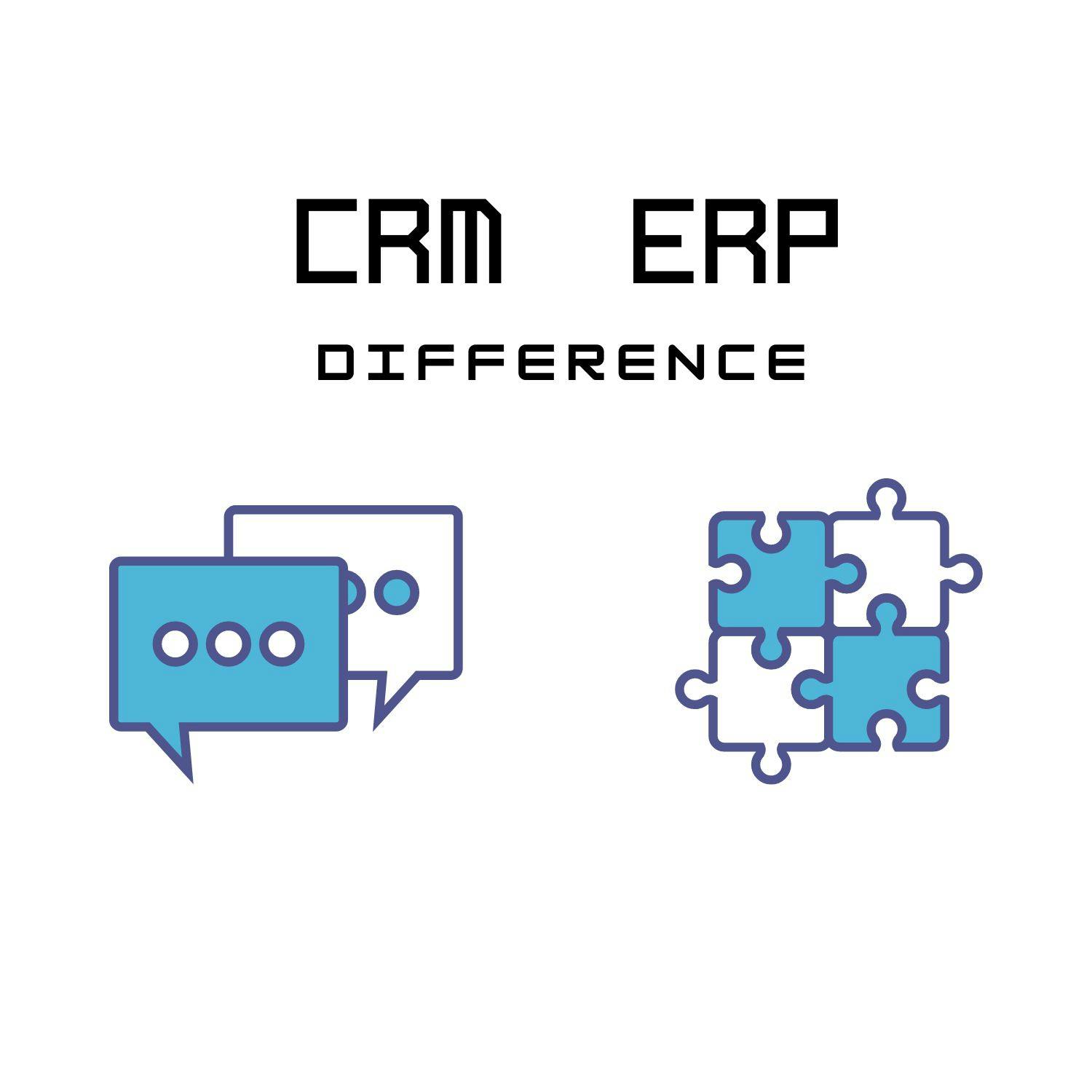240 reads
The Difference Between CRM and ERP Most People Don't Know About
by
March 16th, 2021

Technical Content Writer in digital marketing team creating SaaS related content.
About Author
Technical Content Writer in digital marketing team creating SaaS related content.
